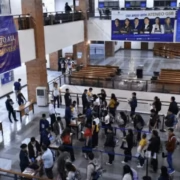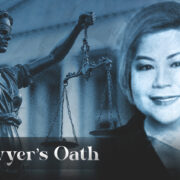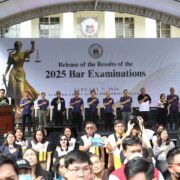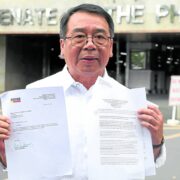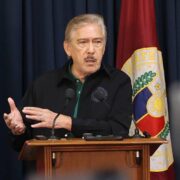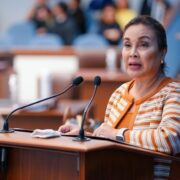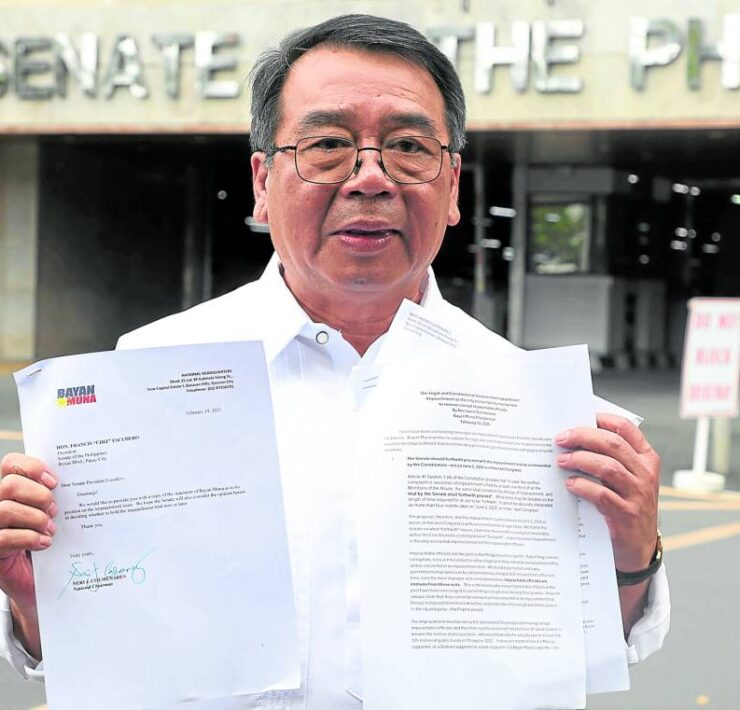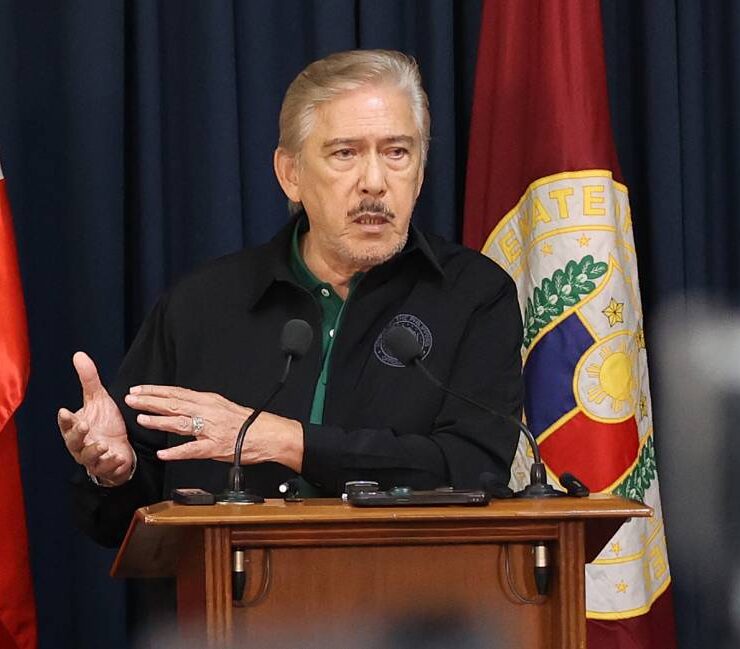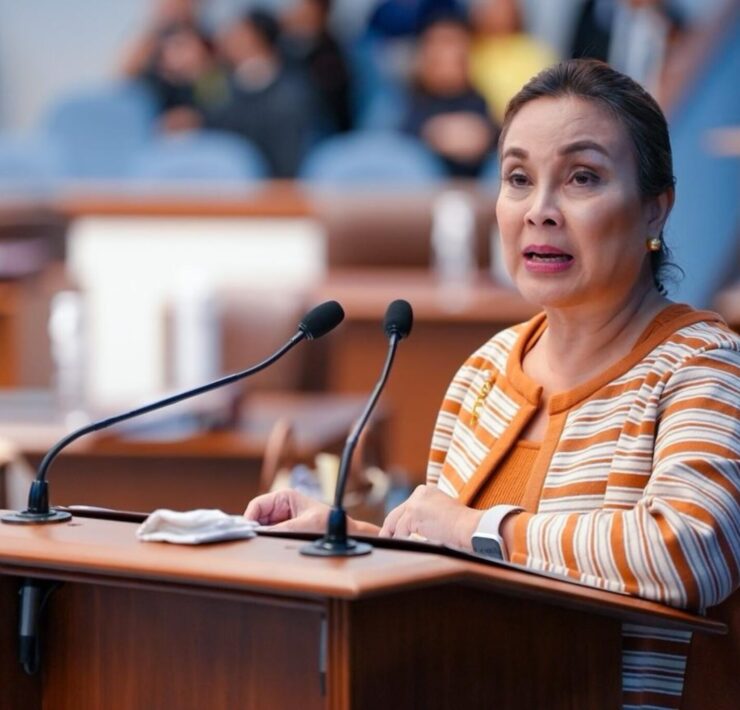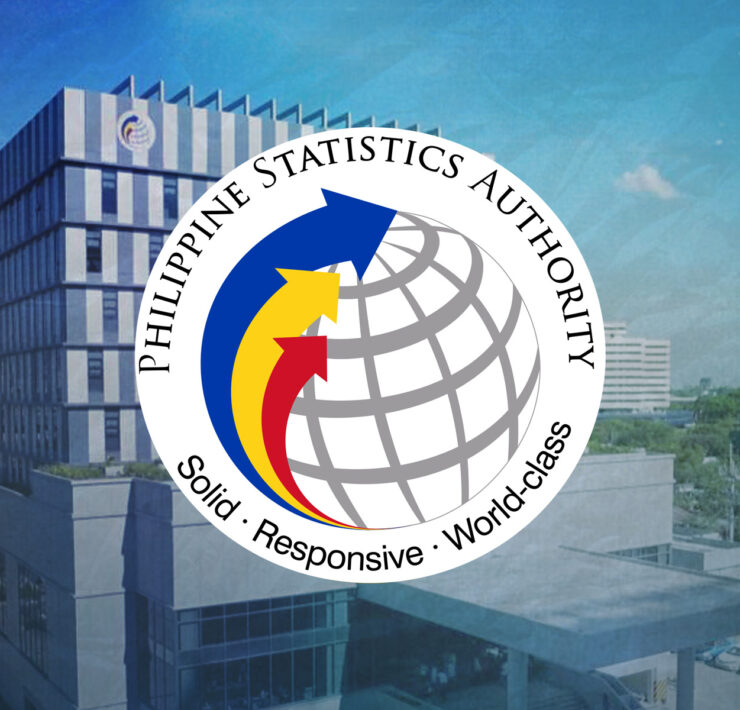The double face of impeachment
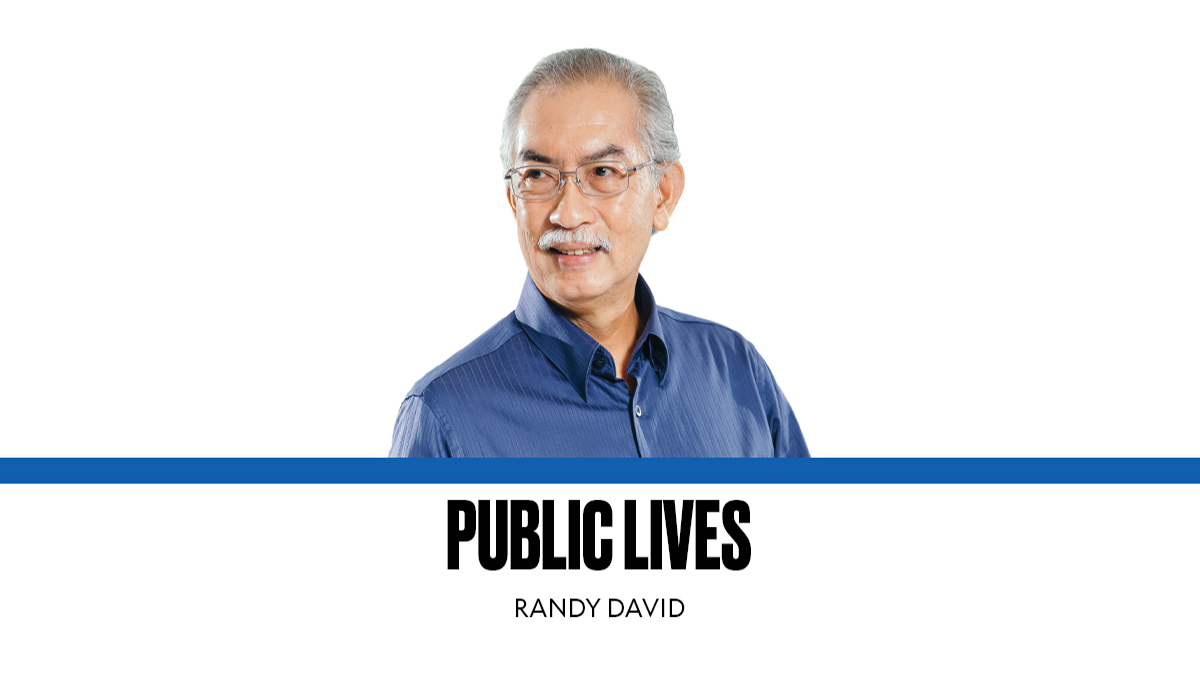
The impeachment this week of Vice President Sara Duterte by the House of Representatives marks a formal indictment following a months-long congressional investigation into her alleged illegal actions. It initiates her trial before the Senate, acting as a quasi-judicial body.
From the outset, impeachment reveals its dual nature. It is fundamentally political, designed to remove the nation’s second-highest official and disqualify her from future office. While she may later face criminal charges, those will be decided in ordinary courts.
The prosecution will be led by politicians, most of whom may also be legal professionals, while judgment falls to “senator-judges” who, despite their judicial robes, are foremost political actors in a political drama. Some may conscientiously weigh evidence and vote based on principle, but none are immune to political pressure, and partisan voting is not just expected—it is inherent to the process.
Yet, impeachment is cloaked in legal formality. The proceedings mimic judicial trials, with the Supreme Court chief justice co-chairing alongside the Senate president to provide a veneer of legal rigor. This performative gesture is meant to temper the raw arithmetic of political will.
Those familiar with impeachment understand it as a numbers game. However, its legal framework shapes public expectations of fairness, making the law more than a mere ornament. While political analysts emphasize impeachment’s political nature, senator-judges are under pressure to project objectivity. A verdict seen as purely partisan risks stripping the process of legitimacy.
This dynamic was evident in the aborted impeachment trial of former president Joseph “Erap” Estrada. When senator-judges voted to suppress key evidence proving his guilt, prosecutors staged a dramatic walkout, triggering a public uproar. The impeachment collapsed, and Estrada was subsequently ousted by a civilian-military uprising—proof that impeachment does not unfold in a vacuum but as part of a broader political reckoning that seeks legitimacy through legal means. The essential question remains: is justice being served? This is both a legal and a cultural question.
Having closely followed hearings led by the House appropriations committee and the powerful “quad comm,” I found the case against Duterte meticulously constructed. Testimonies, particularly on her misuse of confidential funds, appeared difficult to dispute—at least from a middle-class perspective. The arrogant and self-entitled attitude she projected only served to affirm her guilt.
Yet, conversations with ordinary Filipinos—drivers, gardeners, construction workers, vendors—reveal a different narrative. Many, swayed by radio commentators and TikTok vloggers, see Duterte as a victim of political persecution, betrayed by those who leveraged her family’s influence to seize power. This view unfortunately aligns with a deep-rooted cynicism about the country’s politics—that all politicians are corrupt, and the only distinction between the “good” and the “bad” is whether they share their spoils with the poor or keep them for themselves. It is a grim perspective, but not without foundation.
With the 2025 midterm elections looming, impeachment has become more than a constitutional process—it has become a battleground shaping the 2028 presidential race. Duterte’s supporters frame it as an insidious attempt to eliminate her candidacy. They believe, perhaps rightly, that if she survives this assault, she will emerge as the strongest contender for the presidency. Many senator-judges may see it like that, too, and vote according to whether or not they expect and want her to be the next president.
The real challenge, as I see it, is persuading the public, and not just the senator-judges, that this is not merely a high-stakes rivalry between political dynasties but a test of the nation’s commitment to public trust and governance. Without this clarity, impeachment risks becoming just another episode in the long saga of power struggles among political clans, devoid of real meaning for the people it is meant to serve.
—————-
public.lives@gmail.com


